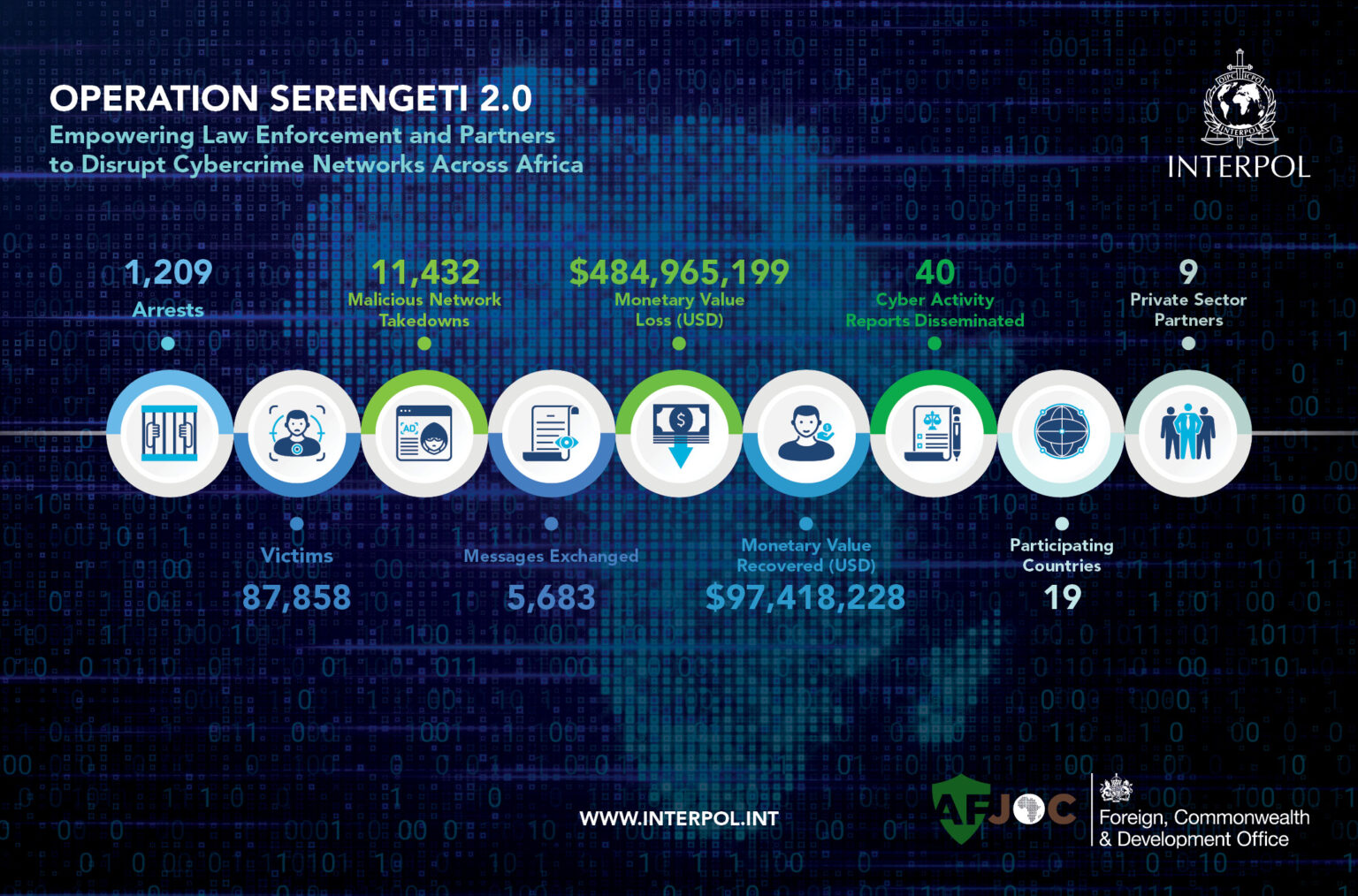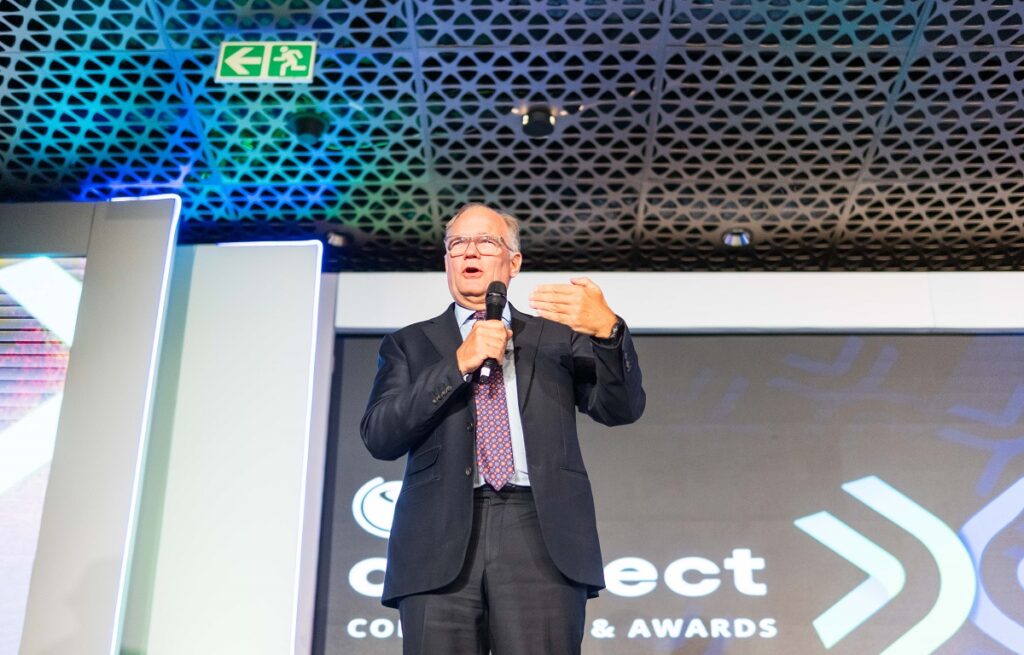- Africa’s Green Economy Summit 2026 readies pipeline of investment-ready green ventures
- East Africa banks on youth-led innovation to transform food systems sector
- The Washington Accords and Rwanda DRC Peace Deal
- Binance Junior, a crypto savings account targeting children and teens debuts in Africa
- African Union Agenda 2063 and the Conflicts Threatening “The Africa We Want”
- New HIV prevention drug is out — can ravaged African nations afford to miss it?
- From banking to supply chains, here’s how blockchain is powering lives across Africa
- Modern railways system sparks fresh drive in Tanzania’s economic ambitions
Author: James Wambua
James Wambua is a seasoned business news editor specializing in various industries including energy, economics, and agriculture. With a comprehensive understanding of these industries across Africa, he excels in delivering accurate and insightful news coverage that keeps readers informed about key developments and trends.
Flutterwave’s initiative offers new and existing users more flexibility and faster, secure money transfers from the U.S., UK, and Europe source markets to key African countries such as Nigeria, Ghana, Egypt, and Cameroon. The fintech has also secured the return of all major cards including Amex, Discover on Flutterwave’s platform as the fintech seeks to secure a greater pie of the U.S- Africa remittance flows. Deal further builds on recent Flutterwaves’ collaborations with Polygon and Circle Payment Network. Payments platform Flutterwave has announced the expansion of its flagship remittance solution, Send App, across the United States (US), which by far…
G20 Summit boycott especially by U.S. President Donald Trump and geopolitical tensions continue to overshadow South Africa’s historic year at the helm of this world forum. China has confirmed Premier Li Qiang, not President Xi Jinping, will be leading Beijing delegation for the Saturday and Sunday forum in Johannesburg. Pretoria hopeful that outcomes of the South African summit will be ambitious and leave a lasting legacy for the cause of the African continent and the Global South beyond South Africa’s historic G20 presidency. While piling debt, spiraling inequality, and the need for funds to check climate degradation dominate the agenda…
Interpol’s June to August operation in Angola, Zambia and Ivory Coast leads to the recovery of over $97.4 million. Sleuths from 18 countries in Africa worked with UK investigators to tackle scams cutting across inheritance scams, ransomware and compromise emails tailored to swindle businesses. In Angola, 20 Chinese, who were allegedly mining cryptocurrency among those arrested. Interpol has arrested 1,209 suspected cybercriminals between June and August this year barely a year after bursting another 1000 individuals over the same criminal activity, unravelling the growing footprint of the evolving crime in African cities. According to an update by Interpol last week,…
By recalibrating supply chains, countries grappling with U.S. tariffs hit can transition beyond exporting raw materials to manufacturing value-added goods, potentially giving rise to new jobs and triggering an industrial revolution. With increasing population, Chartered Institute of Procurement & Supplies CEO Ben Farrell says adaptive procurement and supply chain systems could see African economies better harness the continent’s vast wealth of natural resources. Ben Farrell: “There needs to be an industrial strategy, trade strategy, a procurement strategy, to help develop a new approach because, frankly, the tectonic plates of trade have shifted and the world as we knew it has…
By recalibrating supply chains, countries grappling with U.S. tariffs hit can transition beyond exporting raw materials to manufacturing value-added goods, potentially giving rise to new jobs and triggering an industrial revolution. With increasing population, Chartered Institute of Procurement & Supplies CEO Ben Farrell says adaptive procurement and supply chain systems could see African economies better harness the continent’s vast wealth of natural resources. Ben Farrell: “There needs to be an industrial strategy, trade strategy, a procurement strategy, to help develop a new approach because, frankly, the tectonic plates of trade have shifted and the world as we knew it has…
Global Fund is procuring Kenyan-made HIV drugs for patients in Mozambique, making it the first time African-manufactured drug (TLD) has been deployed through this channel. In 2023, Kenya-based pharma Universal Corporation Ltd became the first African manufacturer to receive WHO nod to produce tenofovir disoproxil fumarate, lamivudine and dolutegravir (TLD) – a first-line antiretroviral therapy for HIV. Africa’s self-reliance on the manufacture of life-saving HIV drugs has entered a new era with a first following the procurement of ‘Made in Africa’ medication by Mozambique from a manufacturer in Kenya. In an update, the Global Fund – a worldwide alliance financing…
Sustainable minigrids industry players are set to strengthen collaboration under a new pact aimed at fast-tracking the rollout of sustainable energy systems across Africa. Plan will see UNDP and the Africa Minigrid Developers Association (AMDA) enhance rollout of the Africa Minigrid Program (AMP), a $50M technical assistance programme that seeks to tackle energy poverty. Under the deal, players will benefit from technical support, capacity building, data and digital innovation, policy advocacy, and resource mobilization. Across Africa, the deployment of solar minigrids has been instrumental in providing electricity to millions of people, especially those in rural areas and far away from…
Marriott unveils plans to add more than 50 hotels and 9,000 rooms by the end of 2027. Hilton seeks to triple its African portfolio to more than 160 hotels, opening over 100 new hotels in the coming years and creating approximately 18,000 jobs. Job creation, tourism, and the quest for regional connectivity fueling investments. At the recent Future Hospitality Summit Africa in Cape Town, two of the world’s largest hotel chains—Marriott International and Hilton Worldwide— have unveiled bold, transformative plans to expand across Africa’s rapidly evolving hospitality industry. With combined targets of over 150 new properties and more than 27,000…
Eswatini is turning the new challenge into a trade opportunity by capacitating local firms to cultivate fresh export pathways to the 27-member EU bloc. Backed by ITC, new approach is tailored to address key constraints to competitiveness by supporting trade policy, market access, and institutional capacity. Eswatini’s exports to the EU hit $106.4 million in 2024 comprising mainly farm produce shipped under the SADC-EU Economic Partnership Agreement. With increasing uncertainty across Africa due to roiling negative impact of US tariffs, economies are scouting for new export routes at the speed of need. For Eswatini, a country that US President Donald…
Africa’s digital trade economy remains hampered by infrastructure bottlenecks, fragmented logistics, and procurement inefficiencies despite its huge potential. Experts say to tap its potential, there is need to shift from scattered digital projects to comprehensive ecosystems that support the full trade cycle. One of the tools that look promising is Matta, a transformative platform aimed at enabling sustainable industrial economies across the continent. A quiet shift is reshaping Africa’s digital trade economy; an ecosystem which analysts project is valued up to $180 billion. Fueled by the power of digital platforms and backed by continental policy frameworks such as the African…













